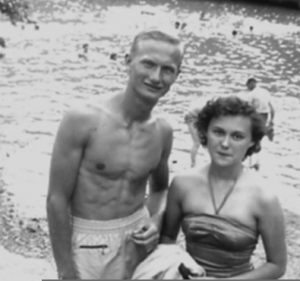A couple of weeks ago I answered the question, “Are unicorns mentioned in the Bible?” Frankly, I was surprised by the number of responses I received both from members at Canyon View and from readers on the Internet. The article generated a host of other questions that we will try to answer in the future. Let’s start with the great “Gopher Wood” controversy.
“In Genesis 6:14, God tells Noah, ‘Make thee an ark of gopher wood; rooms shalt thou make in the ark, and shalt pitch it within and without with pitch’ (KJV). What is ‘gopher wood’?”
That’s a great question since this is the only place in the Bible where this obscure Hebrew word is used. Most scholars (and many modern English translations) call it cypress wood. The Baker Encyclopedia of the Bible says:
The cypress is a massive tall-growing evergreen with scale-like leaves and is widely distributed in the mountainous regions of the Bible lands. On Mt Lebanon and Mt Hermon it grows together with the cedar and oak. Its usual height is 50 to 60 feet but it may grow as tall as 80 feet. … Cypress wood is very hard and durable and was employed by the ancients in the manufacture of idols. It is said to have been used extensively in ship building by the Phoenicians, Cretans, and Greeks.
So where did the KJV translators come up with “gopher” wood? The answer is: they didn’t translate the Hebrew word – they transliterated it! It’s a Hebrew word written in English. The Hebrew word is “go-pher.” It just happens we have an English word “gopher” too, but that refers to a pesky rodent and not to a tree.
It is fascinating to compare the different English Bibles at this point. The King James Version, along with the ESV, NASB, ASV and RSV transliterate the Hebrew text and read “gopher wood,” while the New International Version, along with the NRSV, and NCV, interpret the word as “cypress wood.”
So which translation is correct? Since we truly don’t know what kind of wood God told Noah to use, I like the versions like the KJV that transliterate the Hebrew word and put a note in the margin, but that’s just my personal preference. I’d love to hear how you feel. Meanwhile, I’ve found some other scholars who say it was “pine” and others even say it was “teak.” The important thing is Noah knew exactly what God was talking about and followed the Lord’s instructions to the letter!


